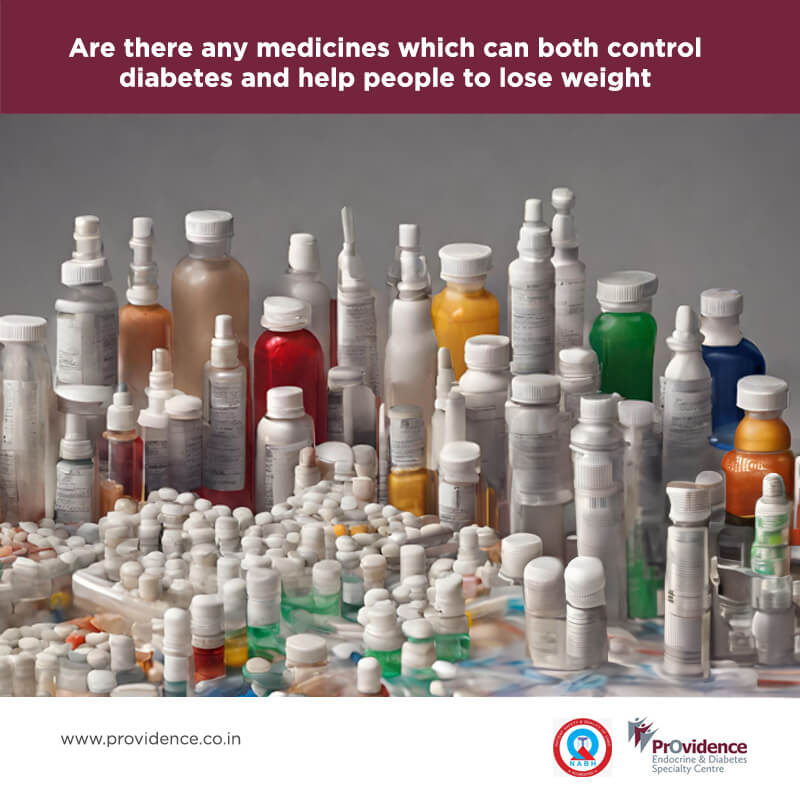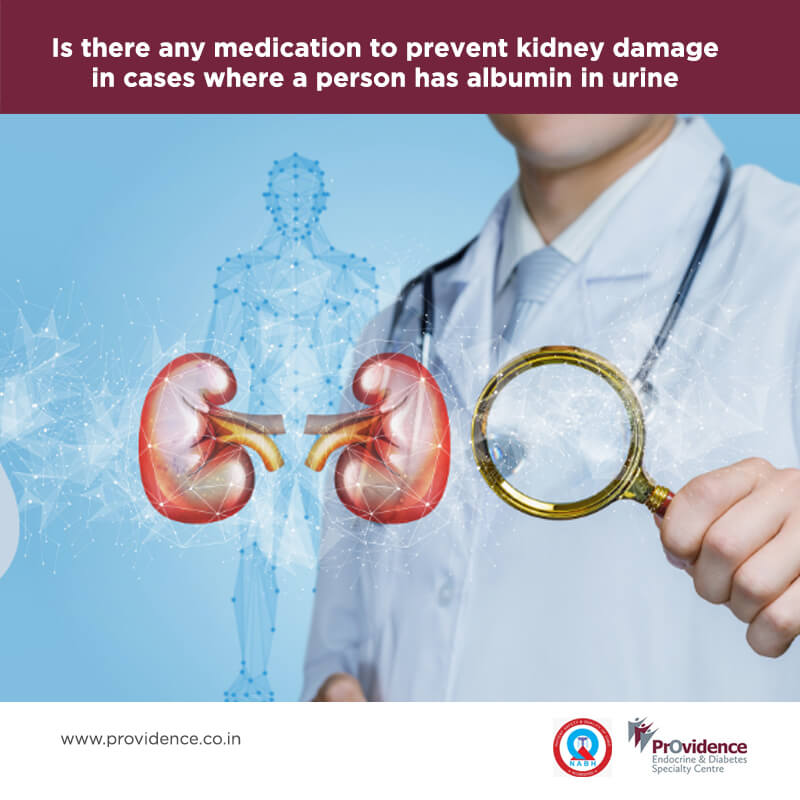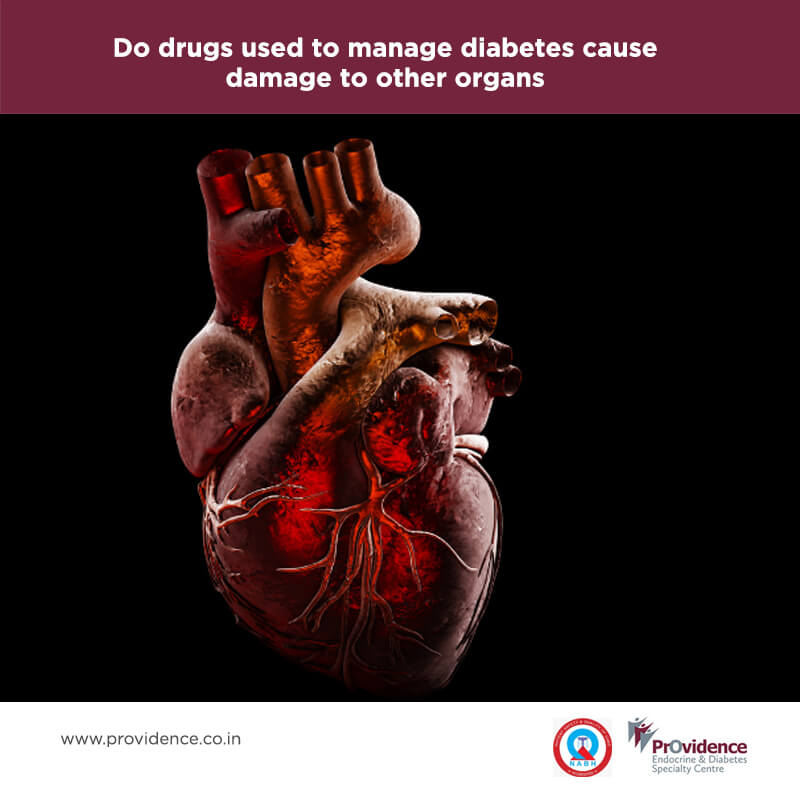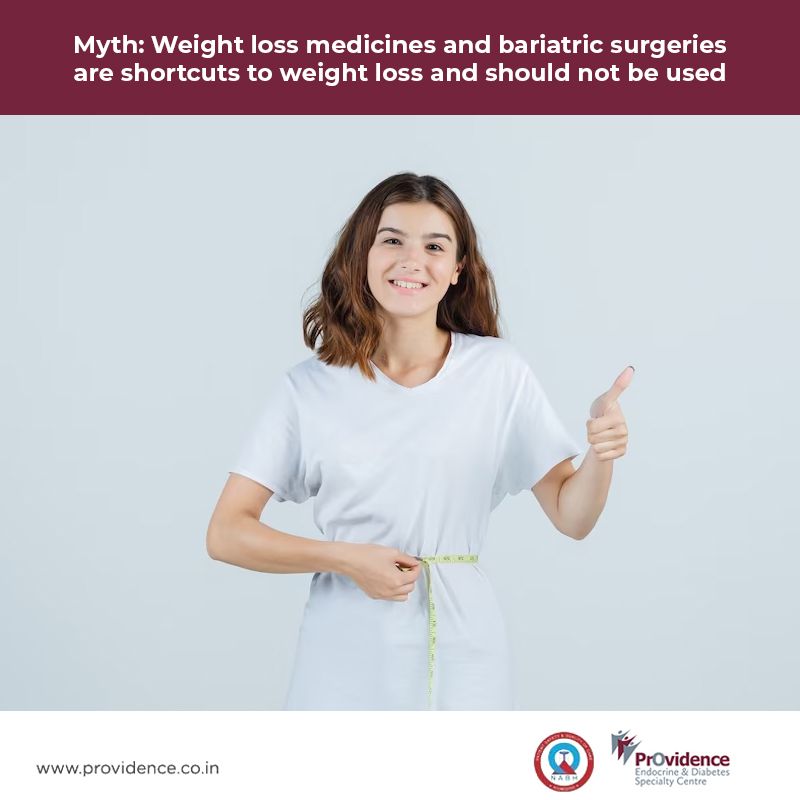Many people with diabetes have excess body fat. Losing excess body fat can help reduce the risk of various problems like cardiovascular disease, stroke, diabetic kidney disease and fatty liver. Many medicines used in the management of diabetes help weight loss.
The most common medicine that helps weight loss is Metformin. Metformin has minimum effects on weight loss and helps you lose 1-2 kg weight loss, although some people may lose much more weight.
Dapagliflozin, Empagliflozin and Canagliflozin belonging to the SGLT2 inhibitor class will reduce weight by 2-4 kg or even more. In addition, they reduce the risk of progression of kidney disease, heart disease and heart failure. Some new scientific studies show that they may help reduce retinopathy and fatty liver disease.
Certain drugs like Liraglutide, Semaglutide and Dulaglutide have been found to reduce weight and reduce the risk of cardiovascular disease including heart attacks and stroke. It has also been found to have benefits for fatty liver disease. These drugs may reduce weight by 4-5 kg or even more. Semaglutide in doses of 2.4 mg resulted in weight loss of 12-15 kg.
Tirzepatide is a new medicine for diabetes which will result in a weight loss of more than 15 kg. These medicines have positive effects on the heart, kidneys, and fatty liver. There are many new drugs like Retratutide and Cagrisema which may produce further weight loss.












